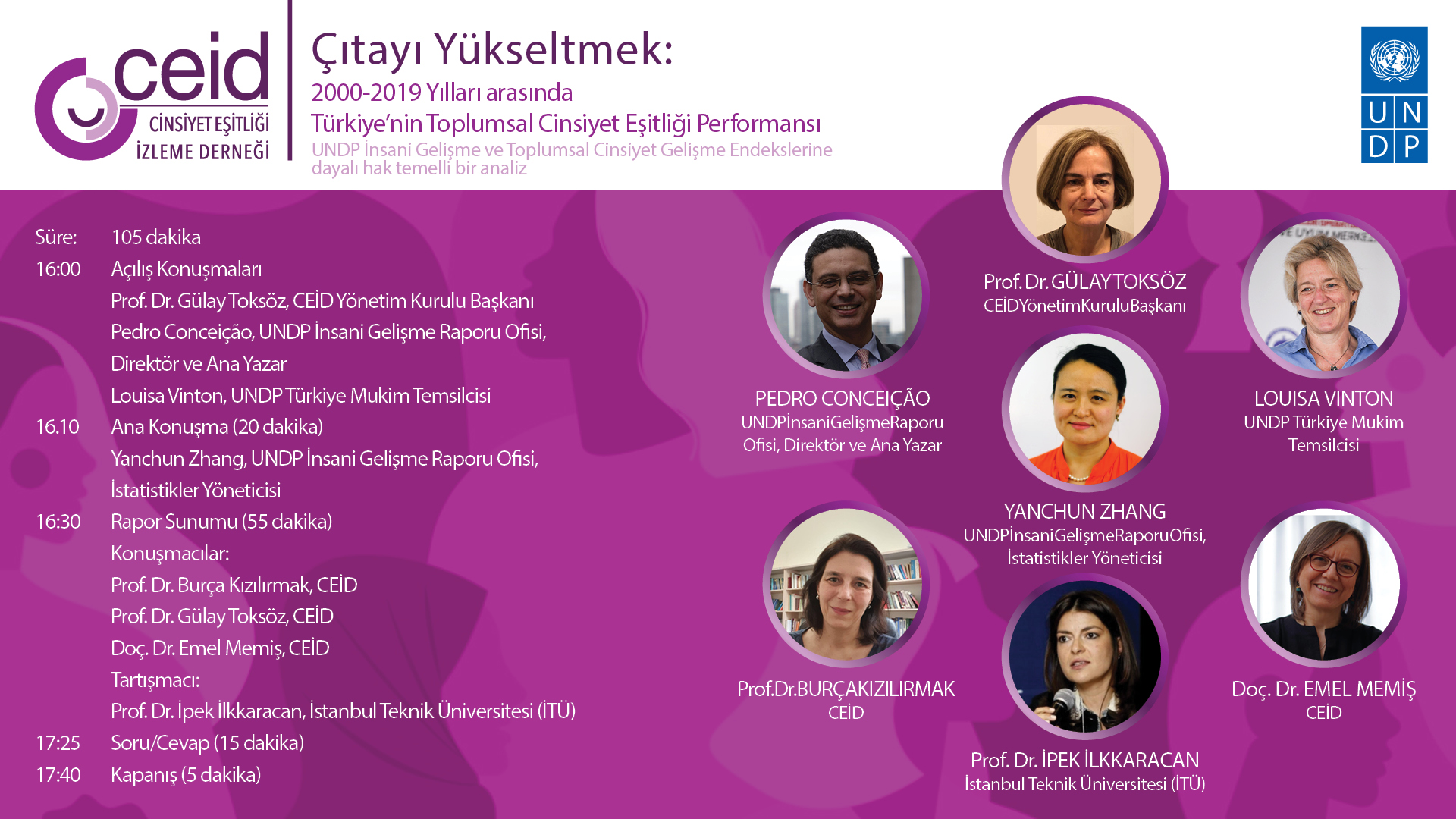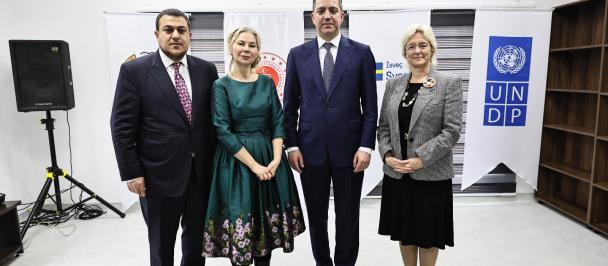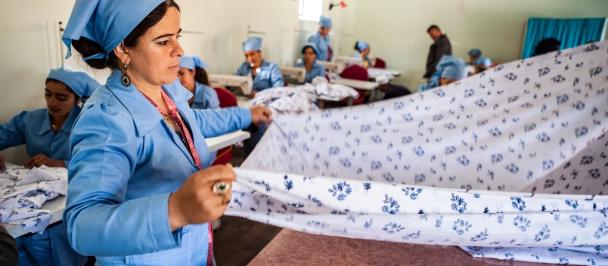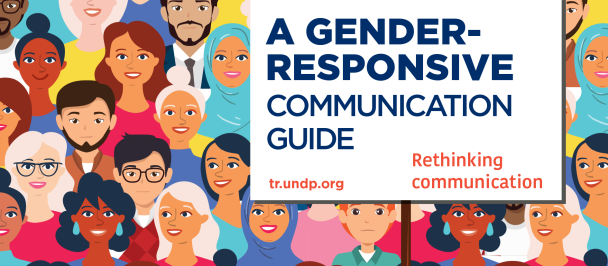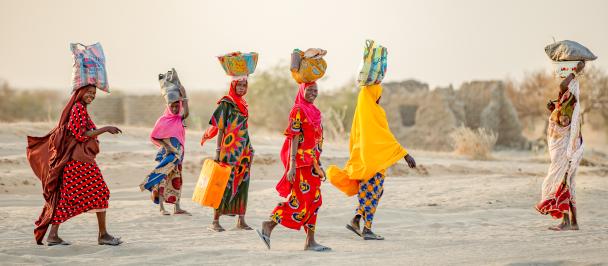Increasing women’s employment and income is key to improving Turkey’s ranking
Ankara, 2 March 2022 – Turkey’s performance on gender equality fails to match its achievements in human development and falls short of other countries at similar levels of development, according to an analysis presented online today. Researched by the Association for Monitoring Gender Equality (CEİD) and commissioned by the United Nations Development Programme (UNDP), the study uses standard UNDP development indices to identify areas of progress and regression over the last two decades. Here, income and education are the biggest concerns.
“Turkey has a lot of catching up to do on gender equality,” said UNDP Resident Representative Louisa Vinton. “The chief benefit of this study is that it points to specific policies and instruments that can help to close the gaps. If these are applied, the good news is that Turkey has the potential to make rapid improvement in its standing.”
The starting point for the study is UNDP’s human development index (HDI), a measure launched in 1990 and measured every year since, which combines data on income, education and health to assess country performance. It then examines how Turkey’s ranking changes when the data are disaggregated by gender to produce a gender development index (GDI). In 2019 Turkey ranked 54th among 189 countries on HDI, putting it in the “very high development” category after two decades of steady progress. But Turkey’s GDI ranking in 2019 was much lower, at 68th of 162 countries; and among OECD countries, Turkey had the lowest gender development ranking of all.
One of main causes is the disparity in income between women and men, the study says. Women’s income, on average, was just 47 percent that of men in 2019. The reason for this is the large share of women remaining outside the workforce: labor force participation rates were just 34 percent for women, against 72.6 percent for men. More recent data show the pandemic has made the situation still worse, pushing the rate for women to just 30 percent.
The report is designed to offer a roadmap for closing the gaps in income and education for women, and thus to bringing Turkey’s gender equality ranking up to par with its ranking on human development. As to the third category, health, women in Turkey live longer than men, on average, though this gap is closing. But maternal mortality and teen pregnancy rates are higher than in countries with comparable human development rankings.
“We hope the report will be a helpful tool for our Turkish partners in setting priorities in the effort to achieve the ambitious targets set in the Sustainable Development Goals, particularly SDG 5 for gender equality,” said Vinton.
The initiative has won praise within UNDP as an excellent example of using HDI data for policy recommendations.
A summary of the report "Raising the Bar: Turkey’s Gender Equality Performance from 2000 to 2019, A Rights-Based Analysis via UNDP Human Development and Gender Development Indices" and the Infographics: https://www.tr.undp.org/content/turkey/en/home/library/corporatereports/Turkiyenin-toplumsal-cinsiyet-esitligi-performansi.html
Contact Information: Faik Uyanık, UNDP Turkey, faik.uyanik@undp.org

 Locations
Locations
